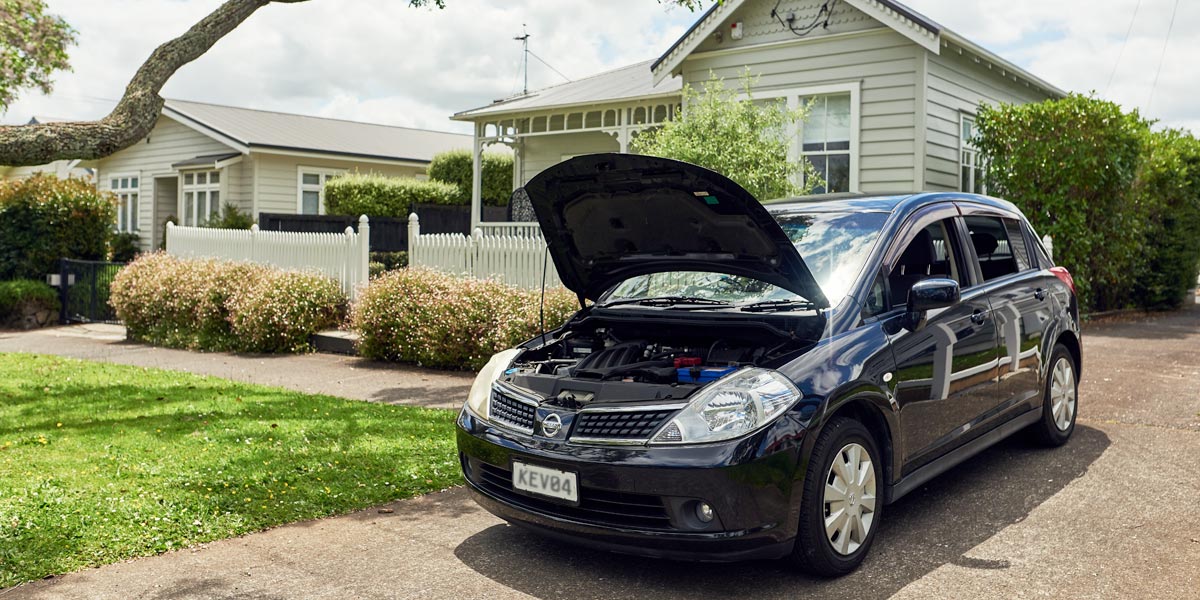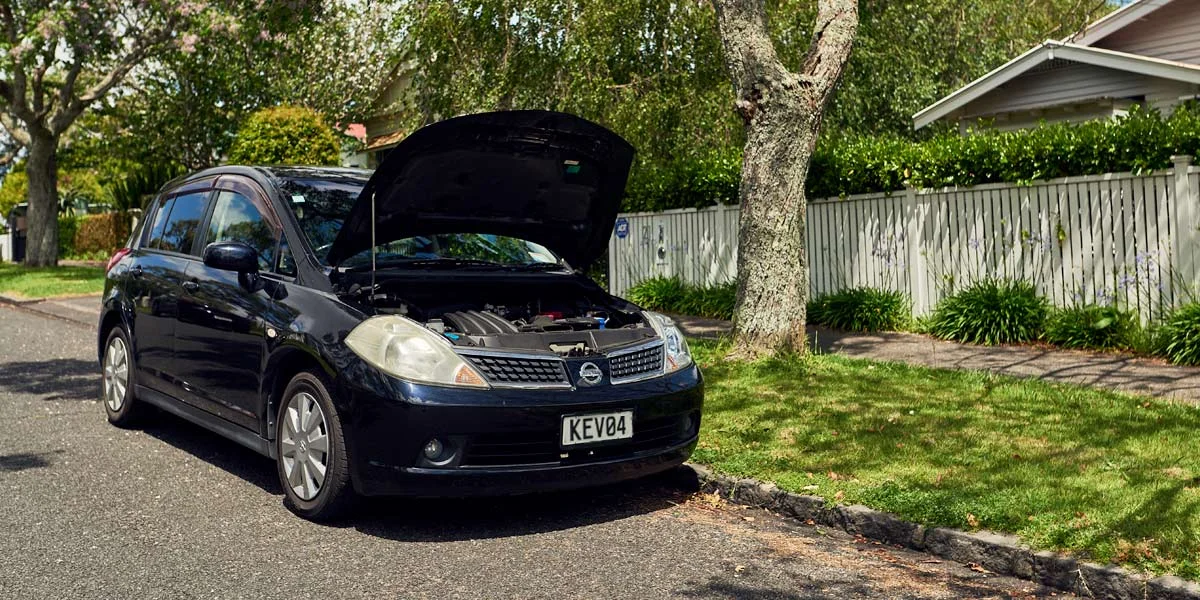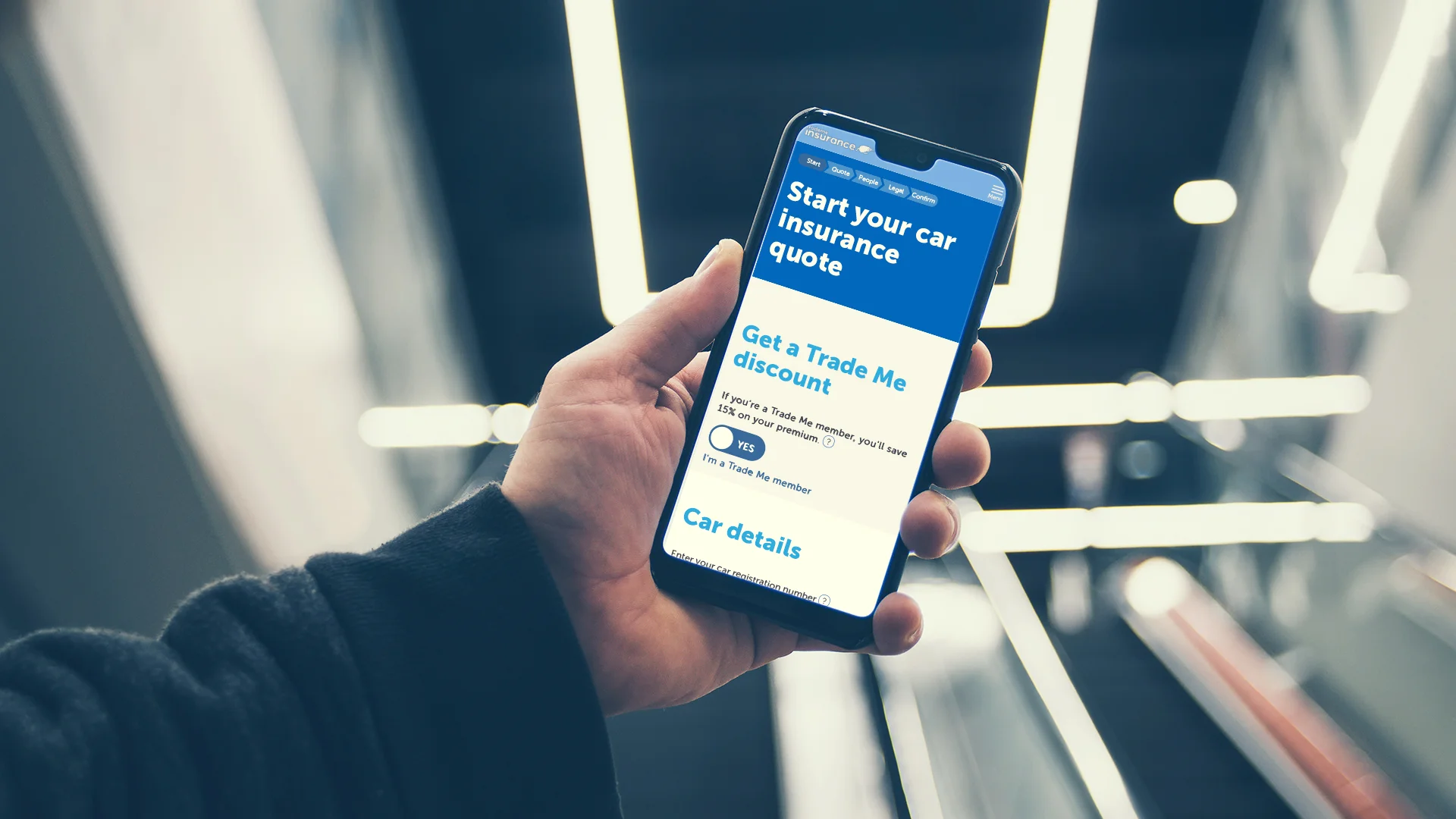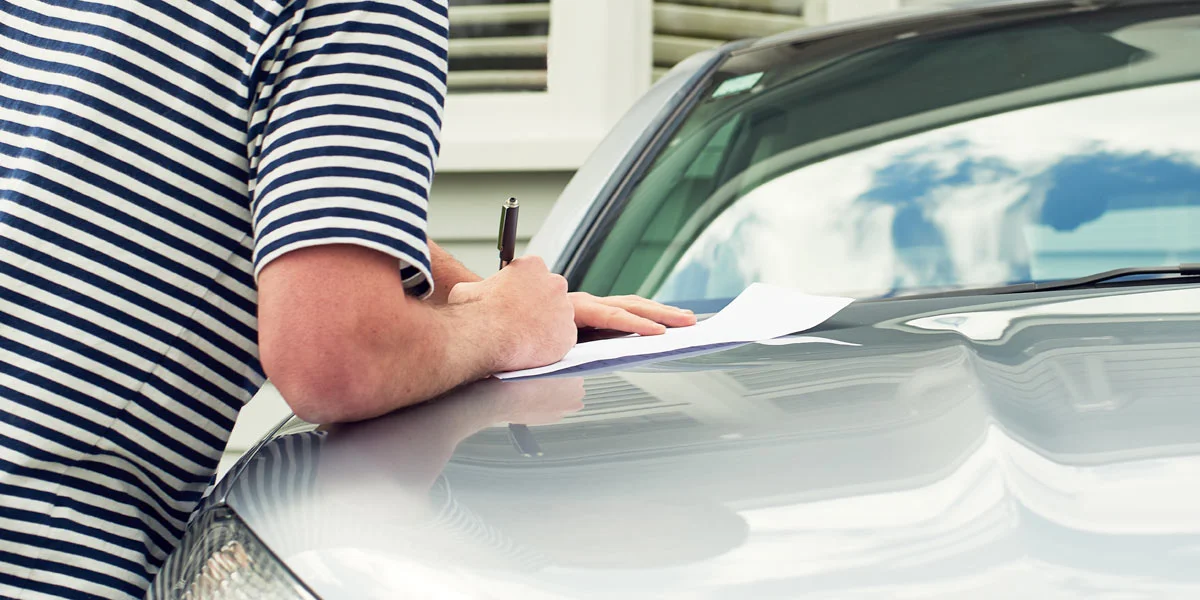Buying guide
What are the ongoing costs of owning a car?
Always take the time to check the running costs of different cars and decide what you can afford/want to spend.
What should I budget for?
Car Insurance
Warrant of Fitness (WoF)
Vehicle licensing (rego)
Road User Charge (RUC)
Weekly finance
What other regular costs can I expect?
Fuel
Servicing
Repairs
Other articles you might like




